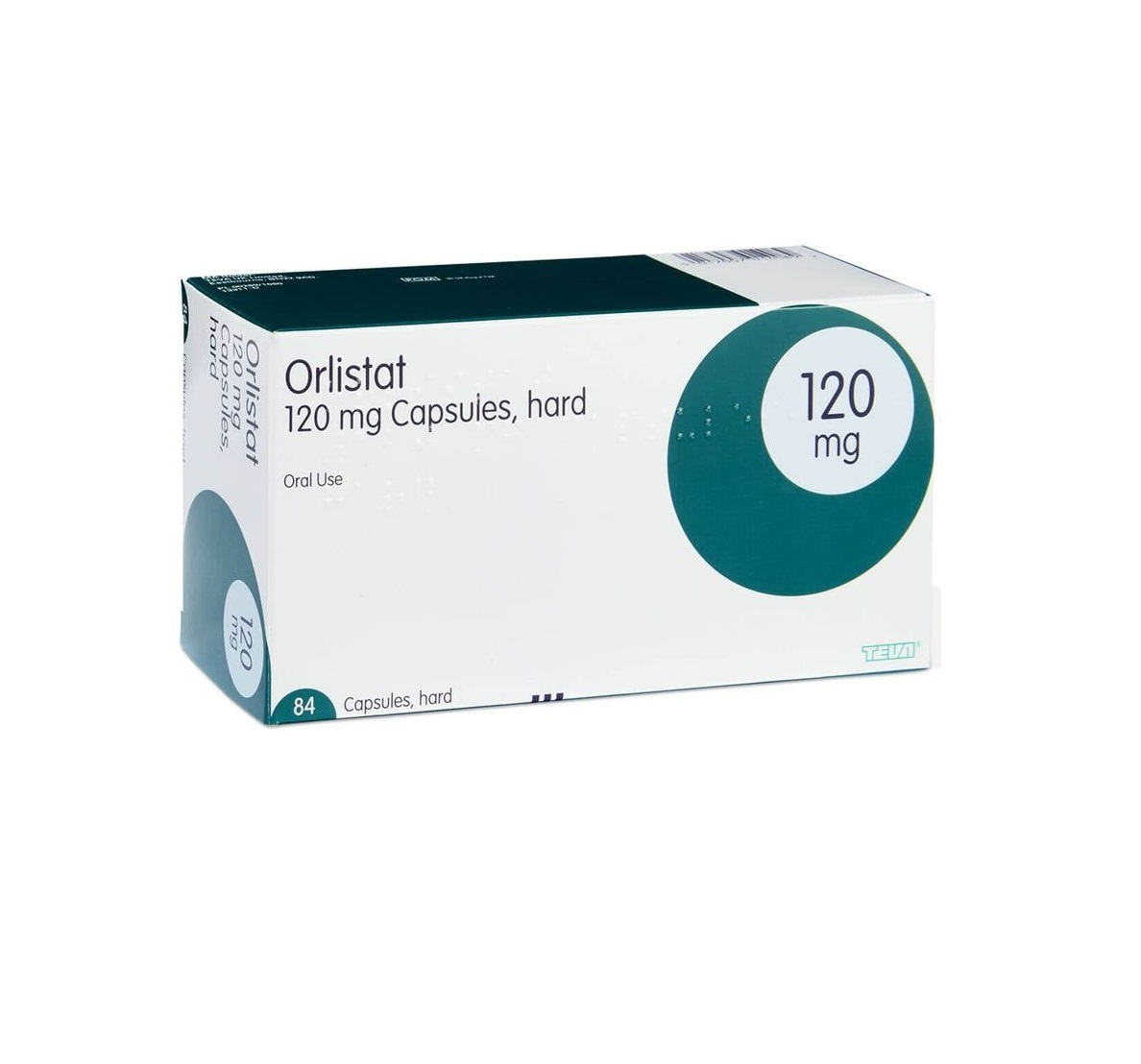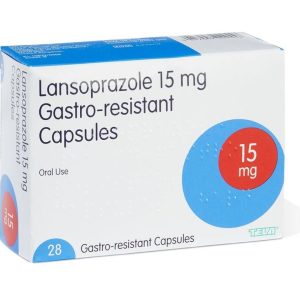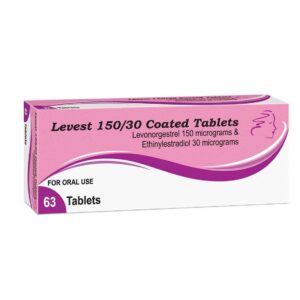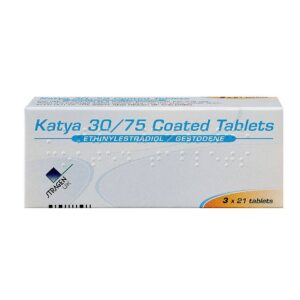Description
Orlistat 120mg is a prescription medication that can help in the treatment of weight-loss. Orlistat prevents your body from absorbing the fat from the food you eat. By reducing the amount of fat which is absorbed, Orlistat can help you to lose weight more easily.
Orlistat works within the digestive system, inhibiting the absorption of fat into the body. Orlistat attaches itself to the enzymes in your digestive system (lipases) and blocks them from breaking down up to a third of the fat you have eaten during your meal.
This undigested fat cannot be absorbed and is eventually excreted from your body. This allows Xenical to act as an effective weight loss treatment when used in conjunction with a healthy, low calorie diet.
WHY ORLISTAT?
In clinical studies, almost two-thirds of people treated with Orlistat weight loss pills successfully lost at least 5% of their body weight after 2 years, when used alongside a healthy diet. In comparison, only half of the people treated with diet alone managed to lose 5% of their weight.
Using Orlistat to support weight loss in conjunction with a healthy diet can lower a number of weight-related health risks. Studies show that weight loss with Orlistat can:
- Decrease total and LDL cholesterol (level of low-density lipoprotein – also known as bad cholesterol)
- Improve your ratio of bad to good cholesterol (LDL/HDL cholesterol)
- Reduce blood pressure
- Reduce levels of insulin. Insulin is the hormone that allows glucose or sugar to enter the body’s cells — high levels are associated with coronary heart disease
- Reduce the risk or delay the progression to type 2 diabetes in patients
ORLISTAT VS. OTHER WEIGHT LOSS METHODS
There are typically two different kinds of weight-loss prescription medications. Some medications are appetite suppressants and others work within the digestive system to prevent fat absorption.
While there are hundreds of weight loss products on the market, it is crucial that individuals looking for medication only ever order prescriptions from reputable, regulated pharmacies. Purchasing from other online sources can be extremely dangerous.







Reviews
There are no reviews yet.